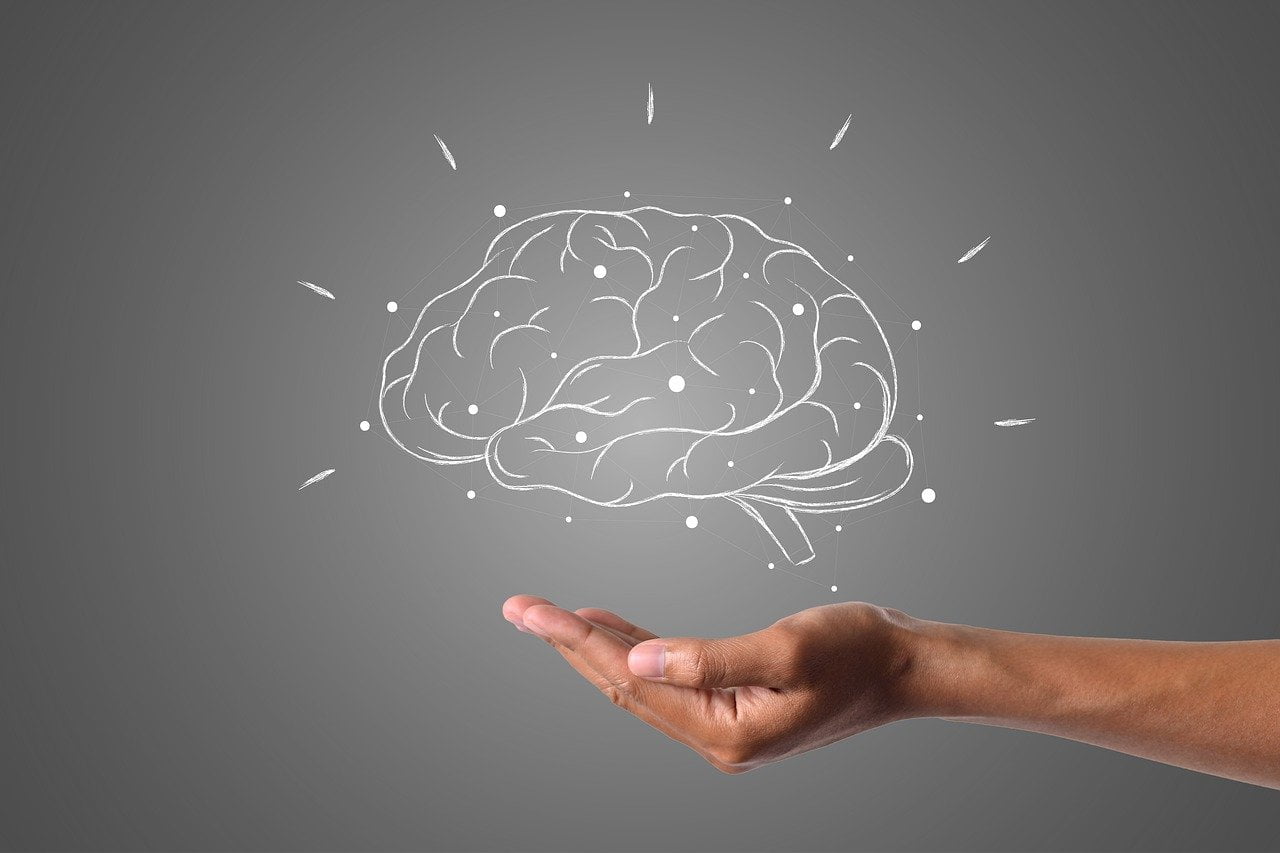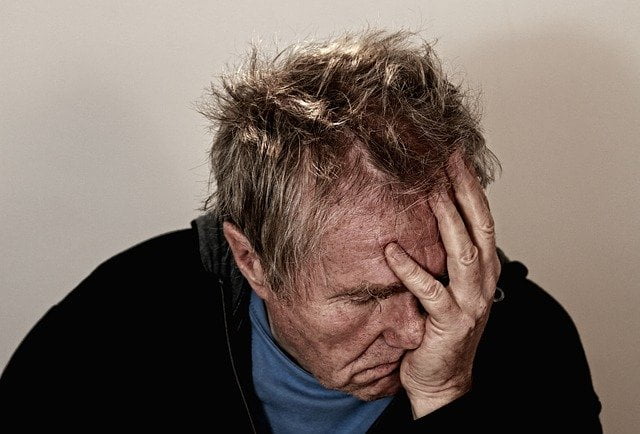- Home
- Types of Addiction
- Benzodiazepine Addiction Help & Treatment
Benzodiazepine Addiction Help & Treatment
Benzodiazepines are a type of prescription drug, often given to individuals to treat a range of issues such as anxiety, seizures and muscle tensions.
They are generally highly effective in the short term, providing individuals with relief from their symptoms within the first few weeks, but in the long-term there can be risks.
Some of the most common types of benzodiazepines includes Xanax and Valium – making up some of the most commonly prescribed drugs in the UK and US.
However, there is increasing demand to reassess the suitability of benzodiazepines based on the negative effects that are consistently reported.

As well as being a prescription drug, many individuals also use benzodiazepines for recreational purposes– often unaware of the dangers that they risk.
Benzodiazepines are categorised as sedatives or tranquilisers, meaning that the effects can be severe when used over a long period of time.
As an individual seeks more and more of the drug to match their rising tolerance, they risk serious effects on their physical and mental health, especially when an addiction goes untreated or unnoticed.
How Do Benzodiazepines Work?

When used as prescribed, benzodiazepines have positive effects on treating a wide range of mental health issues and physical ailments.
However, when used as a recreational drug and when addiction occours, these effects can vary significantly.
Benzodiazepines cause changes in the brain’s chemical make-up, increasing the amounts of natural ‘reward-based’ chemicals present in the brain such as dopamine and norepinephrine – both of which are highly active in the process of emotion regulation and homeostasis.
When used over a long time, benzodiazepine will continuously cause the release of the chemicals, giving short-term benefits to the individual but reducing the body’s capability to produce these chemicals naturally.
Because of this, an individual’s tolerance will rise.
This means that they must seek more and more of this substance in order to gain the same effects, but at a biological disadvantage to themselves.
Over a long period of time, some individuals will become completely dependent on these drugs, and they will not be able to function normally or go about their day-to-day lives without consuming the drug.
Benzodiazepines are strong drugs; their usage for treating disorders such as anxiety shows how much of the brain is affected by their usage and how this may be extremely debilitating to the individual and their wellbeing in the long-term.
Why Do Addictions To Benzodiazepines Develop?

There are many reasons why someone may develop an addiction to benzodiazepines.
As they are often prescribed as a treatment, this in itself can lead to addiction as individuals may continue to use them longer than suggested by their initial prescriber.
Due to the positive effects individuals may experience whilst on this treatment programme, they may continue usage beyond what their medical professional has suggested, even if they are aware of the long-term risks.
As a recreational drug, there are countless reasons why someone may become addicted to benzodiazepines.
For example, someone who has become unemployed may discover the drug and begin to consume it regularly – sometimes unaware of its true purpose or negative consequences.
There are many ways in which someone may seek to improve their mood or take their mind off current events or situations, and benzodiazepines can provide the relief that many people seek, even if they risk their health in the process.
In addition, individuals must consider the dangers of peer pressure, especially when in a social event or gathering where the drug may be present.
Even usage at one social event may lead to the continuous search for this drug, something that may take years to recover from.
Symptoms Of Long-Term Usage And High Doses Of Benzodiazepine

Aside from the intended effects gained when using benzodiazepines as prescribed for medical issues, there are some serious risks and long-term effects that individuals may experience when they are addicted to this drug.
Specific effects will depend on variable factors such as length of time-consuming benzodiazepines, dosage when used, and personal factors such as metabolism and physical health.
Some of the most common effects experienced are outlined below:
- Physical weakness
- Confusion
- Breathing difficulties
- Dizziness
- Nausea and/or vomiting
- Issues with coordination
In general, this list refers to the effects experienced with high doses, but can also refer to the effects experienced over long periods of lower-dosage benzodiazepine usage.
For example, individuals who have used benzodiazepines over a long period of time risk more serious effects on their health, including the development of mental health issues such as anxiety, eating disorders, insomnia and reduced cognitive functioning.
Although benzodiazepines may be used to treat some of the effects mentioned above, with incorrect or over-usage individuals risk far more negative consequences.
Co-Occurring Mental Health Issues And Benzodiazepines

As mentioned above, an addiction to benzodiazepines also risks the development or worsening of a range of different mental health issues.
Often, this is related to the reduction in the production of neural chemicals in the brain such as dopamine and norepinephrine, meaning that individuals are unable to produce these on their own.
Of these, dopamine is incredibly important as it is related to the feeling and sensation of pleasure.
Without this chemical, individuals are at a high risk of developing mental health issues such as anxiety or depression.
In this case, individuals should seek alternative drug treatment in order to reduce the risk of worsening these mental health issues.
In addition, individuals who develop a mental health issue whilst addicted to benzodiazepines risk the development of further mental health issues ad substance addictions.
This is known as dual diagnosis – the approach that states that addiction and mental health disorders are likely to co-occur within an individual, sometimes leading to further issues both with addiction and further mental health effects.
If benzodiazepines are not taken to treat mental health effects (such as the prescribed intention), then individuals should be aware of the risks that are present, speak to a medical professional about how best to withdraw from the drug and seek further or alternative care.
The Process Of Benzodiazepine Withdrawal

In general, the process of withdrawal from benzodiazepines varies massively from individual to individual, meaning that there is no set process or length of time for the withdrawal stage of recovery.
However, there are some general stages which may be useful for individuals to understand before beginning the process.
These are best discussed with a medical professional, and it is important to have the necessary support and resources present for this process in order to be most prepared for the various effects that may occur.
For most individuals, the withdrawal will begin within the first 4 days of their last dosage.
This is often the most severe stage of withdrawal, but again, this will depend on the individual’s personal history andphysical health.
During this first stage, it is highly recommended to have some form of support and not to go through this process alone in the case of an emergency.
The next 10-14 days are then described as ‘acute withdrawal’.
This is when the most severe withdrawal effects have worn off and the individual may begin to work towards sobriety and focus on future treatments.
During acute withdrawal, individuals may experience symptoms ranging from mental effects such as insomnia, anxiety and panic attacksto physical effects such as sweating, muscle aches, and headaches.
Throughout this process, individuals should stay in a safe environment, keeping hydrated and resting where appropriate and suitable.
Bear in mind that symptoms of benzodiazepine withdrawal can last for a year or more depending on the individuals’ usage, so it is important to undertake this process in a motivated and steady fashion: there are no shortcuts when it comes to recovery.
Types Of Therapy Suggested For A Benzodiazepine Addiction

Addiction is experienced and expressed in every individual differently, meaning that there is no one type of therapy that will be suitable for every individual.
In general, there are some more common treatments which individuals may experience or come across throughout their rehabilitation journey, but these are not always guaranteed due to the suitability for each individual case.
Outlined in the next few subheadings are some of the most common forms of treatment that are most suitable for benzodiazepine addictions and their commonly associated effects.
1. Cognitive Behavioural Therapy (CBT)

This is potentially the most well-known form of therapy – a type of behavioural therapy based on changing the individual’s thought patterns (cognitions) about their addiction and the behaviours associated with this.
Through CBT, individuals are supported through making their own coping mechanisms to help manage the symptoms of their addiction, as well as changing their lifestyle along the way.
This type of therapy has an extremely high success rate and is often suggested to individuals at the beginning of their rehabilitation journey.
2. Motivational Interviewing (MI)

This type of therapy is very similar to CBT and carries many of the same principles.
For example, MI also focuses on the individual’s ability to create coping mechanisms and techniques to help deal with addiction-based cognitions and behavioural patterns.
MI differs in the idea that the counsellor will encourage the individual more regularly, asking questions to help raise new ideas or explore the different areas of the individual’s addiction including the origin, triggers and the eventual prospect of abstinence and recovery.
This type of therapy is very effective for those who may prefer a more independent approach to rehab as it provides individuals with the opportunity to use their own internal resources and strategies with expert support.
3. Group Talking Therapy

Talking and sharing experiences as part of a group can be extremely beneficial to many individuals.
For example, some individuals may learn new coping techniques or gain a fresh perspective on their addiction as a result of hearing about others.
This can be conducted less regularly than other treatments, making it more suitable for those who prefer to remain at home throughout rehab through groups such as Narcotics Anonymous (similar to Alcoholics Anonymous, but more specialised for drug addiction).
4. Relapse Risk Prevention Planning

This is an essential part of rehabilitation, as it prepares the individual for recovery after leaving a dedicated centre or local treatment programme.
Through this plan, individuals will identify triggers, cravings and coping mechanisms that may be used to assist in this.
Making this plan is not always necessary, as not every individual carries the same risk of relapse, but it may be helpful or simply provide peace of mind to those who require additional mental support.
This plan often includes the factors identified above but also displays contact information for the individual’s addiction supervisor and addiction support network.
How To Help Someone You Know Who May Have An Addiction To Benzodiazepines

Speaking about addiction can be challenging, especially if the individual affected is someone close to you.
Often, individuals are met with confrontation when approaching this issue, but remaining calm, listening to what they have to say, and understanding the situation from their perspective can be great stepping-stones to talking about rehabilitation.
In some cases, it may be suitable to organise an intervention with other friends and family members to help the individual see the situation from others’ perspectives as well.
For any further information on anything read on this webpage today or for any further queries about addiction and getting support, contact Rehab Recovery’s addiction support line on 0800 088 66 86 today.


